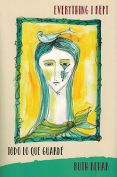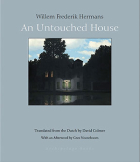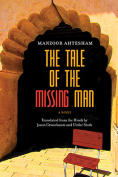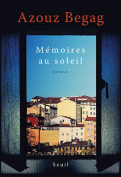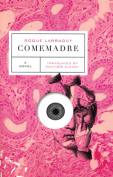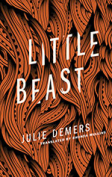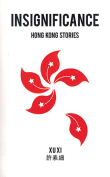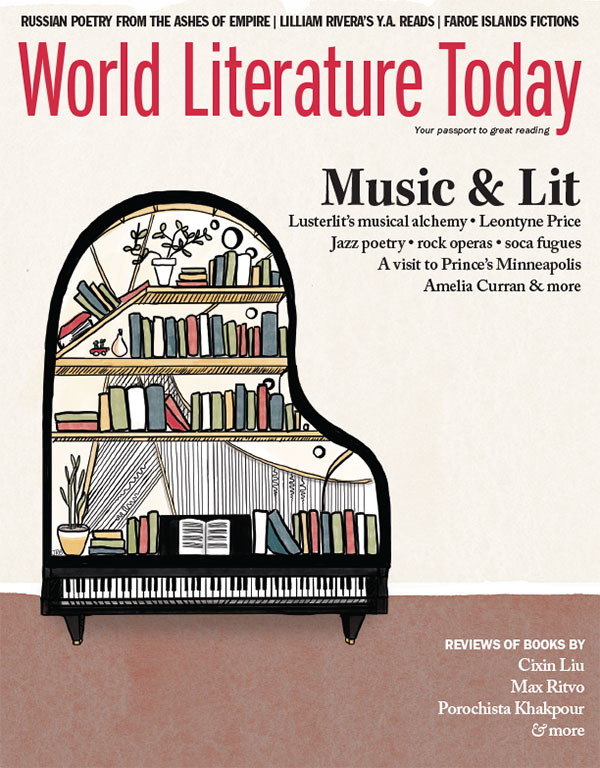Eventide by Therese Bohman
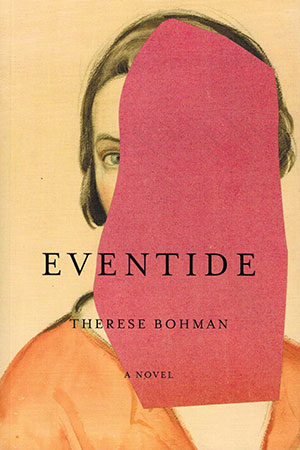 New York. Other Press. 2018. 240 pages.
New York. Other Press. 2018. 240 pages.
Amid a midlife crisis, Karolina Andersson knows her “pathetic” life must change so she can face the end of the day—eventide. A tenured art history professor at the University of Stockholm, she lives in “a noisy two-room apartment full of books and loneliness,” having recently left her partner of eleven years, Karl Johan. Childless, she mulls over love versus career.
Karolina no longer derives pleasure from her addictions to alcohol and sex, working to hold onto her area of scholarly research: women depicted in turn-of-the-century art. Up pops Anton Strömberg, a young male doctoral student who tells her he’s discovered groundbreaking letters from an overlooked female artist smack-dab in the center of Karolina’s bailiwick.
From this scenario, Swedish author Therese Bohman produces an absorbing feminist novel of psychological suspense as she explores her protagonist’s inner life. Bohman gives us the whole woman. Karolina contemplates mannerism, Swedish art, and German symbolism. It bugs her when students treat theories as truths. She reflects on Finland’s nuclear waste, hedgehogs, Svalbard’s seed bank, refugees, Ilya Ivanovich Ivanov’s human-ape hybrid, and architectural columns.
She watches pornography in her office, has an affair with a married Anders, considers one with childhood friend Robban, suggests one to colleague Peter, is repulsed by the thought of one with fellow professor Lennart, but hmmmm . . . what about Anton? She realizes: Must. Stop. Falling. For. Everyone. Doubting herself as she wonders how to recognize happiness, she’s vulnerable.
Bohman’s previous two novels, also translated by Marlaine Delargy, placed other female protagonists against different male-dominated backdrops, illustrating the societal issues women face. Each central character has had greater self-esteem than her predecessor, with a larger supporting cast. Drowned (2012) perambulated literary life, and The Other Woman (2016) trekked hospital hierarchy, exploring emotional and sexual abuse, class differences, power, male ego, and professional success.
Now, in Eventide, Bohman expands these themes in a new setting—the university: “a place where learning is generated.” Her details about ivory-tower life are spot-on; she nails turf wars in academia with subtle wit. Karolina Andersson is the strongest of Bohman’s three protagonists, and Eventide the most ambitious of her books. In many ways, it’s the most winning—a wild-woman archetype tale à la Women Who Run with the Wolves by Clarissa Pinkola Estés. The novel ends in an elegant twist awash in schadenfreude.
Eventide is ink well spent.
Lanie Tankard
Austin, Texas
